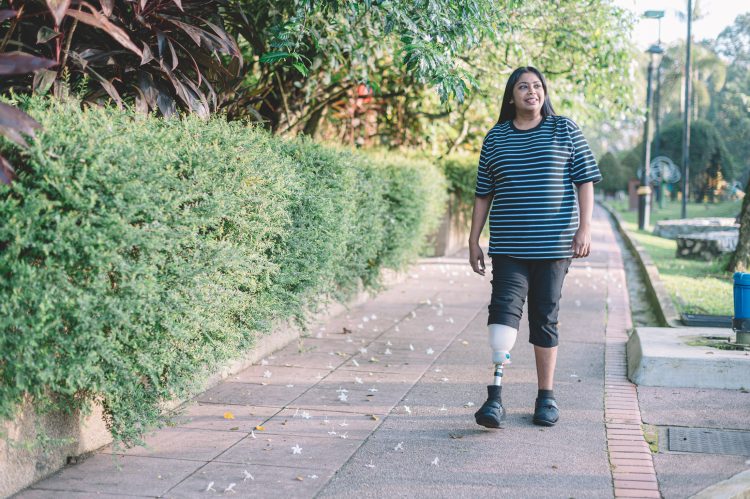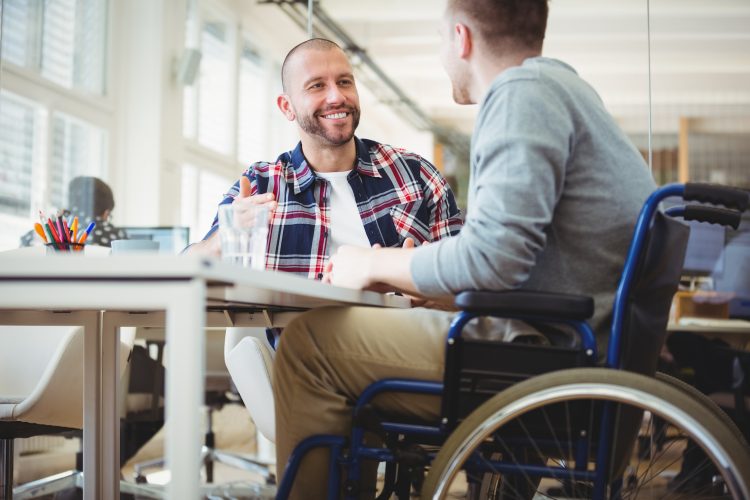Speaking to another amputee can make a real difference to your recovery and ease your concerns. We call this type of assistance Peer Support.
Following surgery, you will need time to recover. It is also a time to set goals about your journey ahead. Here, we help to guide you through the process to navigate your pathways forward.
Effectively managing your short and long term health will lead to better outcomes and prevent future problems.
Getting the right kind of prosthesis to suit your lifestyle needs and daily level of activity is important.
People are often concerned about the costs involved in getting a prosthesis. In Australia, there are a number of different funding schemes and it can be easy to get confused and to know what you are eligible for.
Self-advocacy means understanding your rights, having the ability to speak up about the things that are important to you, and having your voice heard. It means being able to ask for what you need and want, making sure that you are listened to, and making sure you have the same choices as everyone else. Many people say that the more they practise self-advocacy the more comfortable and confident they become when faced with challenging situations.
This information sheet explores self-advocacy benefits and tips, the rights and laws to protect
you, ways of making complaints, and where you can get help.
You might need to self-advocate in a range of situations, including when you are:

As a consumer all people have the right to complain if they buy a faulty product or receive a service that is not suitable. So, if you’ve received a product or service (e.g. mobility aid, prosthesis, home repairs) that is not ‘fit for purpose’ or not working properly you should complain to the business or person who supplied it. Depending on the situation you may be entitled to repair, replacement or refund. This law protects you when you use your own money, or buy goods and services using your NDIS or other government funding.
To find out more, learn about your rights and options, or get assistance when making a complaint:

Your rights, such as human and disability rights, are very important. You are entitled to have your voice heard when expressing your views, concerns and important decisions being made about your life. If you need support to speak up about your rights or make a complaint, you may benefit from a disability advocate. An advocate can help by speaking on your behalf to services, organisations and employers, making complaints about discrimination and more.
The National Disability Advocacy Program lists a range of advocacy services. Some agencies are general, and available to assist people with any type of disability or cultural background. Whereas other specialist ones provide assistance to people with a specific type of disability, regarding specific issues (e.g. housing, employment), or those from diverse cultural or Aboriginal and Torres Strait Island backgrounds.
To find a Disability Advocate to support you visit www.disabilityadvocacyfinder.dss.gov.au/
Limbs 4 Life is available to assist amputees to learn how to self-advocate and point you in the right direction if you are making a formal complaint. While we may not be able to assist in all cases, we are always here to listen and support you to the best of our abilities.
Read this article as a PDF
Keep up to date with our latest news, events and information
